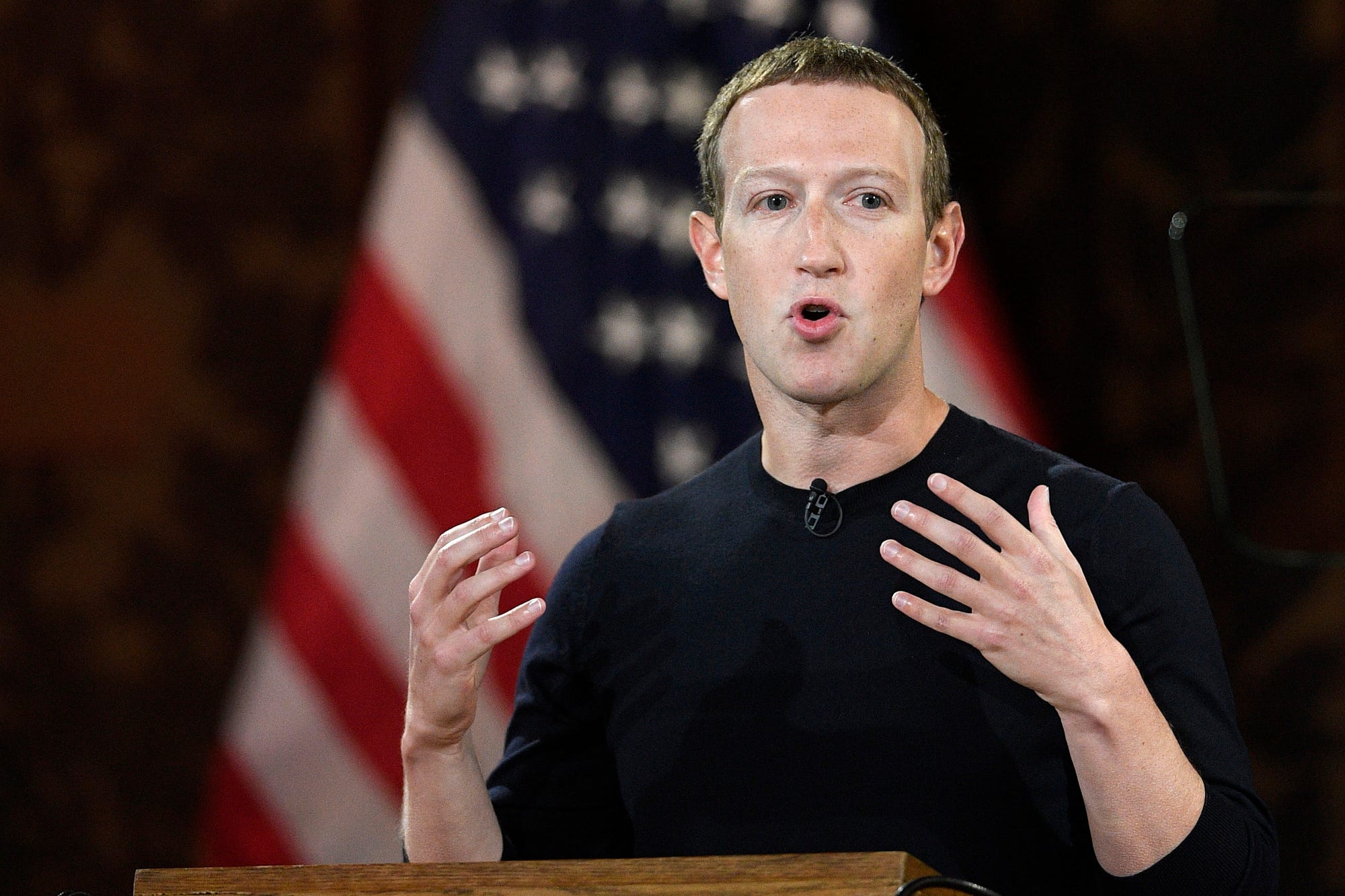Academia’s incessant enabling of progressive calls for censoring speech has found its way to major systems of corporate and government power. The issue at hand is not one of political leaning, but rather a concern for any American who values their constitutional right to speak openly and freely, which probably makes up the vast majority. That is not to say free speech has no consequences, but instead that the consequences of not possessing that ability have been demonstrably totalitarian, oppressive and far more harmful than any words produced.
CNN’s Brian Stelter inadvertently shed some glaring light on this issue’s severity during an on-air monologue from Jan. 31. While mocking Fox News and other right-leaning Conservative media outlets for excessive use of the word censorship, Stelter stated, “while some cry cancel culture, let me suggest a different way to think about this; a harm reduction model,” leading to his final and most shocking point: “reducing a liar’s reach is not the same as censoring freedom of speech. Freedom of speech is different from freedom of reach and algorithmic reach is part of the problem.”
The algorithmic reach of propaganda is evident on both sides of the political aisle, and this monologue is a testament to both that and the fact that calls to regulate freedom of speech are loudening. However, this issue is not entirely black and white, certainly not to the extent it was pre-social media. The country’s first amendment remains unaltered in the age of hashtags and selfies, yet many people including former President Trump are forbidden to access the contemporary mediums for public discourse.
Twitter’s officials explained that their Jan. 8 ban of Trump was “due to the risk of further incitement of violence.” In the company’s blog, which they describe as your official source to what is happening, they outline their suspension’s basis on two of Trump’s tweets. One tweet from Jan. 8, said, “The 75,000,000 great American Patriots who voted for me, AMERICA First and MAKE AMERICA GREAT AGAIN, will have a GIANT VOICE long into the future. They will not be disrespected or treated unfairly any way, shape or form!!!!” The second tweet was posted shortly after the first one on Jan. 8, and said, “To all of those who have asked, I will not be going to the Inauguration on January 20th.”
Not once was there a call to violence or even a display of hateful rhetoric, but needless to say, the decision was ultimately made and the serving president at the time was banned shortly thereafter. The events that occurred on Jan. 6, were nothing short of unsettling, but many of those disruptors who broke the law have since been found, arrested and await trial just like more surely to come. Twitter’s decision here is pre-emptive, based on predictions concerning potential outcomes if Trump is allowed to speak freely in the future.
Twitter is united with Facebook, TikTok, Reddit, Snapchat, Youtube and other companies in their banning of Trump and the principle that suppressing future speech is acceptable when hoping to prevent future violence.
The notion that one side of the political spectrum is exclusively being censored is not entirely correct. According to the World Socialist Web Site, on Friday, Jan. 22, “Facebook had deleted the accounts of leading members of the SEP (Socialist Equality Party) and shut down the page of the IYSSE (International Youth & Students for Social Equality) at the University of Michigan.edu.” The company later reversed the account deletions, stating that it was an “automation error” and said, “We apologise for the error.” Speaking to the Financial Times, David North, the WSWS International Editorial Board Chairman, explained, “even though this particular ban has been [reversed], it’s a warning we don’t know what might come next.”
Aligning with North’s comment, the age-old questions used to combat calls for censoring speech remain the same: who regulates it, and to what extent? On April 25, 2020, the Atlantic published an article written by Jack Goldsmith, a Professor of Law at Harvard Law School, and Andrew Keane Woods, a Professor of law at the University of Arizona College of Law. In the article titled “Internet Speech Will Never Go Back to Normal,” the two professors acknowledge China’s success in censorship and claim, “significant monitoring and speech control are inevitable components of a mature and flourishing internet, and governments must play a large role in such practices to ensure that the internet is compatible with a society’s norms and values.”
The political activism seen across the U.S. during the 1960s was primarily in protest of President Nixon and the expansion of the Vietnam War. At the time, this counter-cultural youth movement championed their right to speak freely, protest mostly peacefully, and was considered progressive at the time, or at the very least Liberal. John Locke, the renowned philosopher and Father of Liberalism, once said, “the end of law is to end or restrain, but to preserve and enlarge freedom.” In other words, today’s censorship is everything but empowering to the individual, in fact, it’s quite contrary.
Stelter and his colleagues are free to call censorship a “damage reduction model” or whatever else sounds least suppressive, but the simple fact of the matter is, suppression is an act of power, not of reason, and certainly not one that embraces freedom.


















Be First to Comment